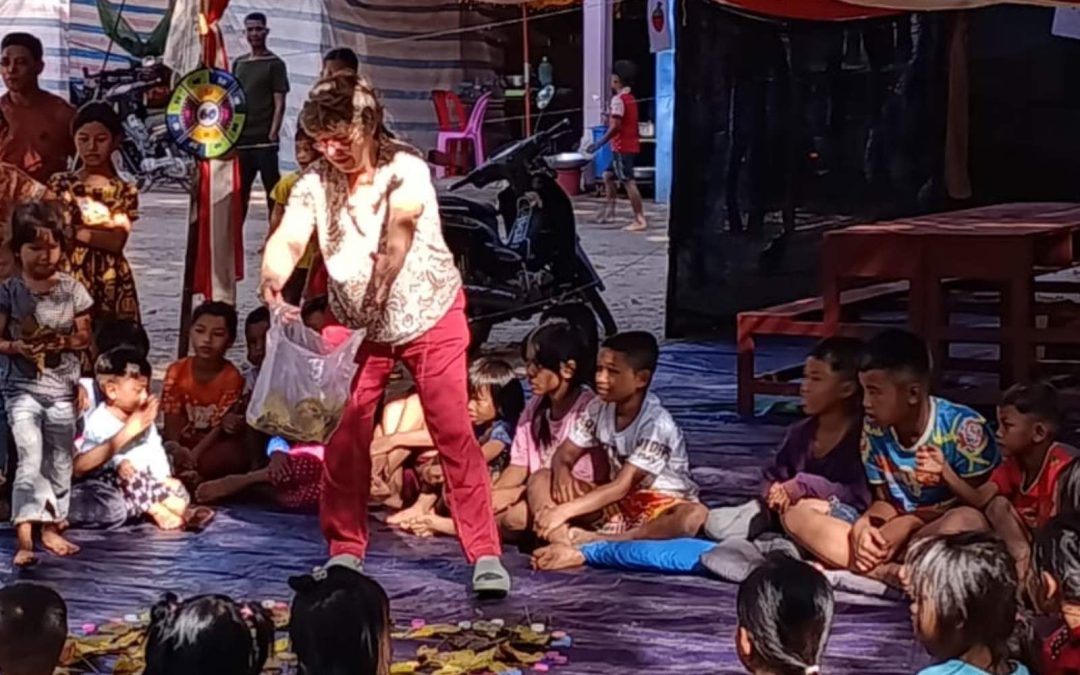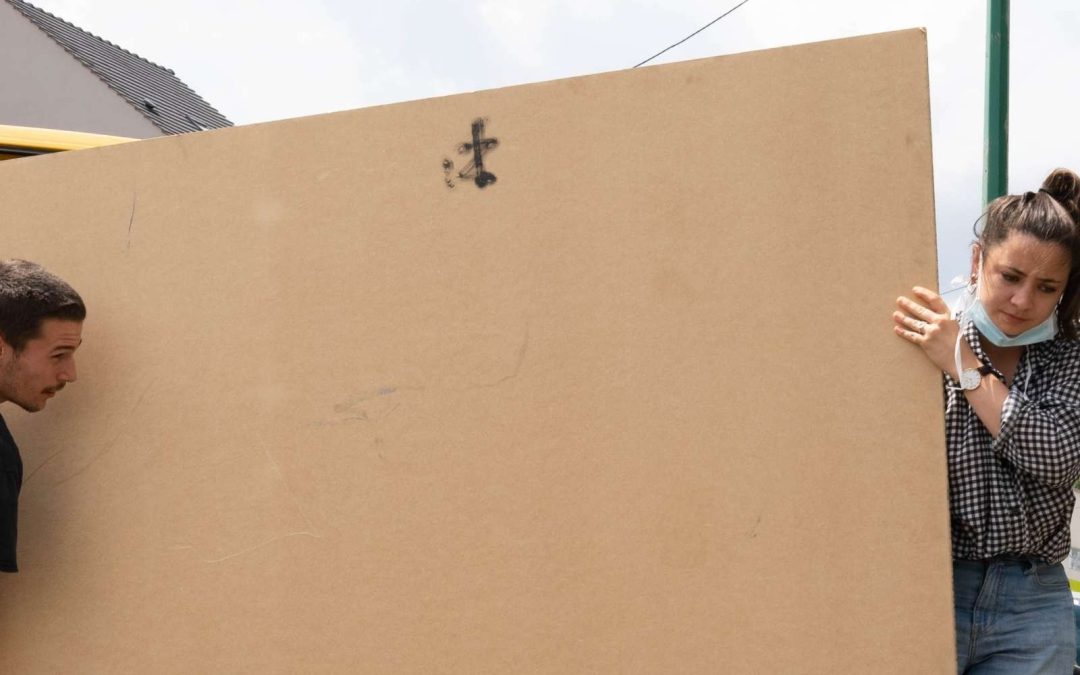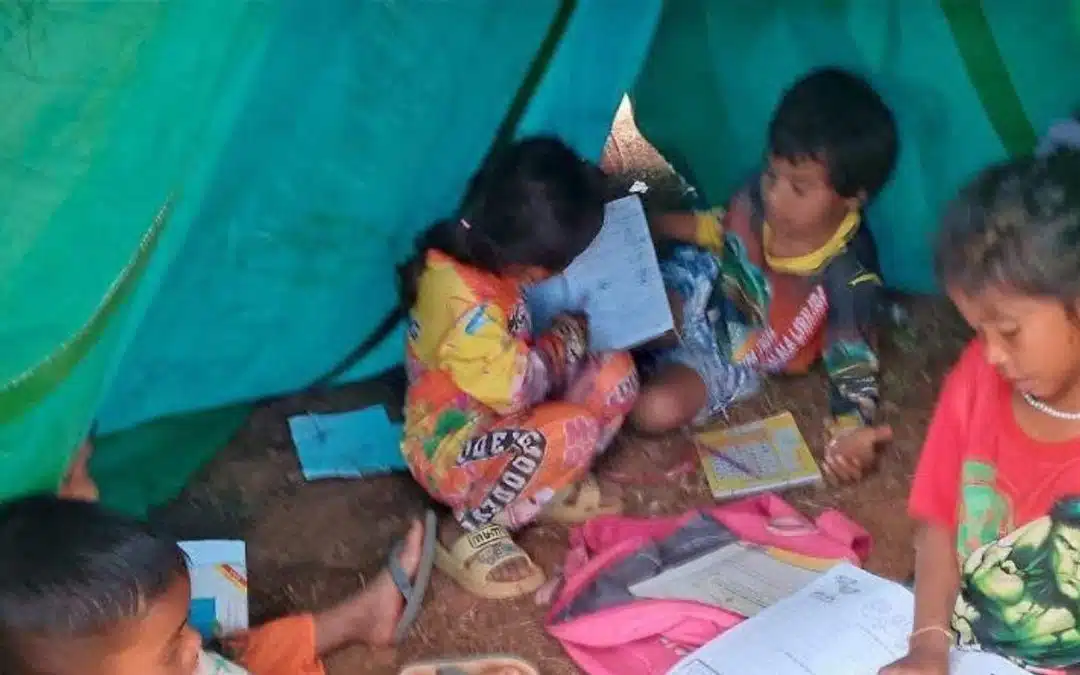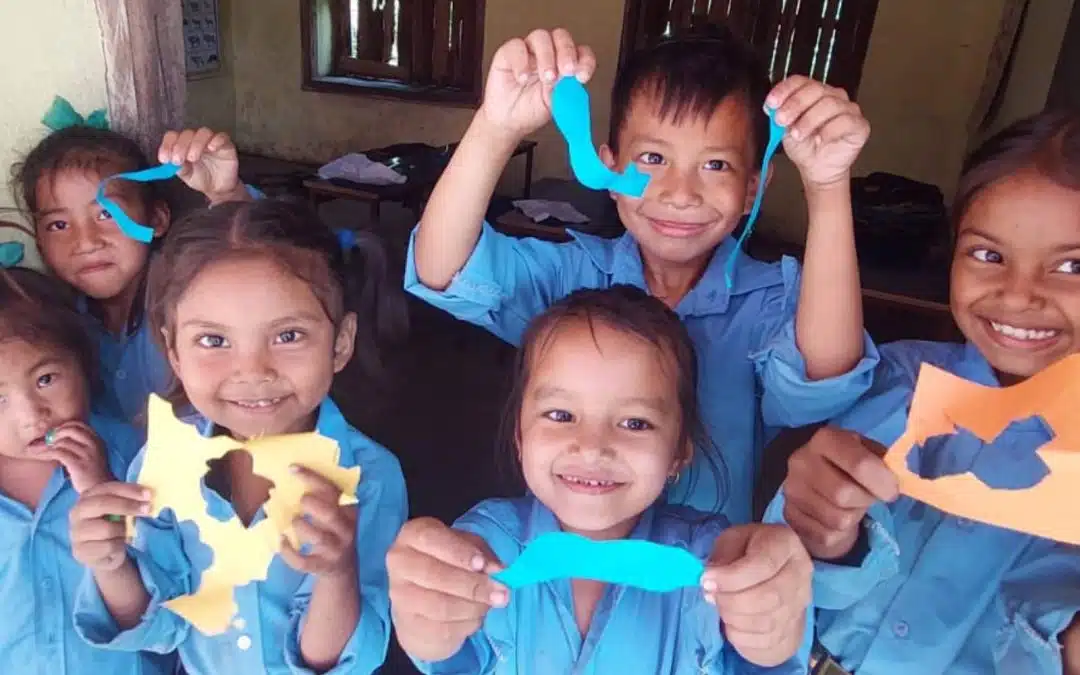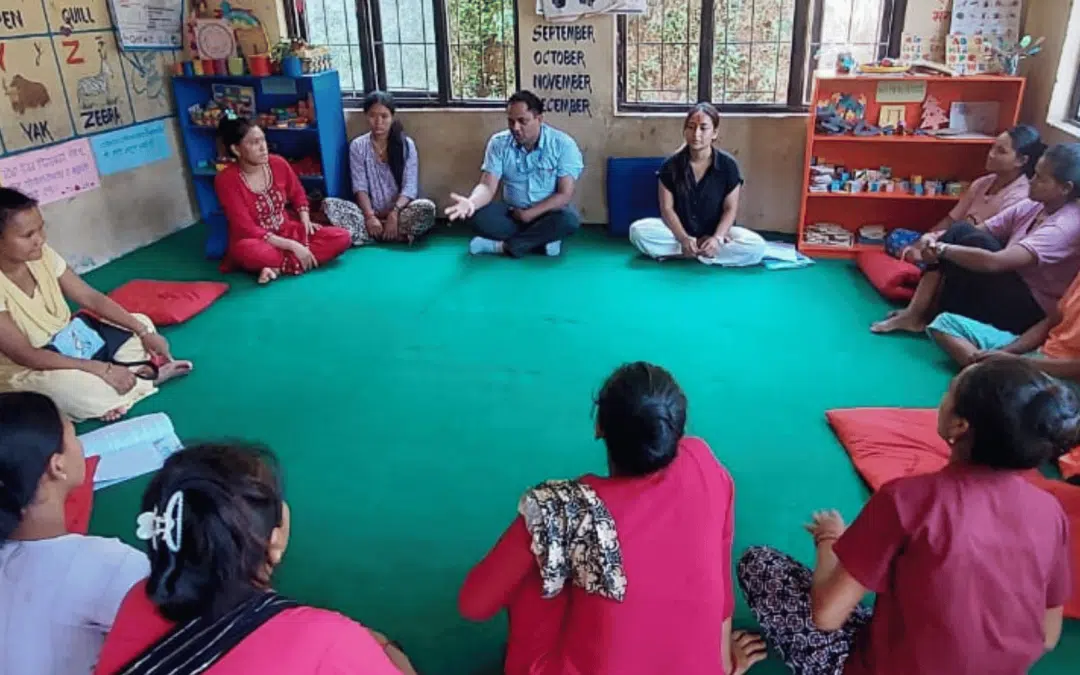As in many countries around the world, gender inequalities in Burkina Faso are rooted in and fuelled by stereotypes that are passed down from generation to generation. These gender stereotypes are present in many aspects of social life, including at school, where they influence children's perceptions and behavior from an early age. Aware of the impact of these prejudices, Planète Enfants & Développement commissioned a study to assess the presence of gender stereotypes in Burkina Faso's nursery schools, and to suggest ways of improving them.
Main results of the study
Carried out between March and May 2024 in 103 nursery schools, the study focused on analyzing teaching tools, educational practices and educators' attitudes in 6 regions of the country. It showed that many textbooks and activity books used in schools reproduce certain gender clichés. For example, household chores are performed exclusively by girls, and sports such as basketball and soccer are reserved for boys. Drawing books and math textbooks contain between 50% and 75% of stereotyped images and texts, and song and story books even exceed this threshold. Conversely, the Yam Wekre imagier, a new teaching tool, and a collection of poems, are completely free of gender bias.
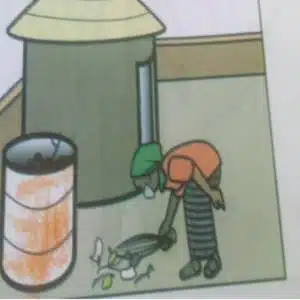
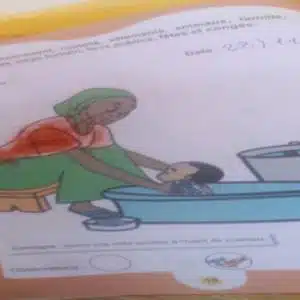
Images conveying gender stereotypes in the early-section language notebook.

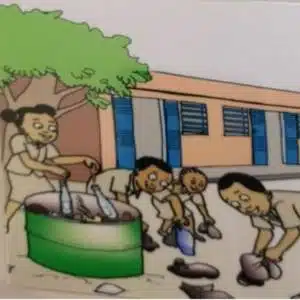
Imagier Yam Wekre, girls and boys doing the same household chores
The study also highlighted a lack of gender-specific training for educators. Some 72.3% of the teachers surveyed said they had never taken a module on the subject. Concrete initiatives to deconstruct stereotypes among children also remain limited.
The impact of stereotypes on children
Prejudice in schools has a significant impact on children's behavior and self-esteem. Girls naturally gravitate towards games like dolls, while boys are more attracted to toys like toy cars. This reinforces preconceived ideas about male and female roles and limits equal learning opportunities.
The study showed that children quickly internalize these stereotypes. For example, the majority of boys claim to be better at playing with cars than with dolls, while girls claim the opposite. This gendered socialization reinforces traditional roles and thus influences academic and social performance.
Vectors of stereotypes
In addition to educational resources, the study identified several other vectors that perpetuate clichés. Among them, the family unit and religious and cultural beliefs all play a key role in the transmission of prejudice. These external influences complicate the work of educators.
Towards a transformation of educational practices for a more egalitarian education
This study highlights the extent of gender stereotyping in nursery schools in Burkina Faso, and the direct consequences for children. The results show that action is needed to transform educational practices, by training teaching teams, revising pedagogical tools and involving families in this fight for a more egalitarian education. The recommendations put forward offer concrete ways of improving the situation and promoting real equality between girls and boys from early childhood onwards.
The survey, carried out between March and May 2024, covered a sample of 103 nursery schools, involving 311 educators, 104 school managers and 1,485 children. The study adopted a mixed quantitative and qualitative approach, combining several data collection methods: documentary research, individual interviews, focus groups and observations of classroom practices.

